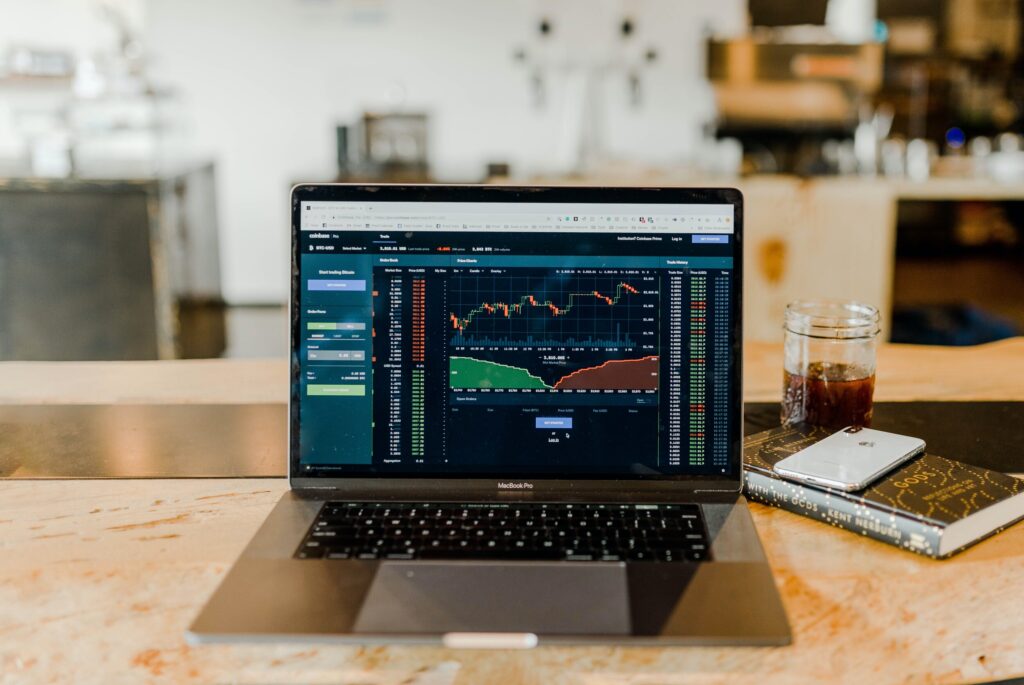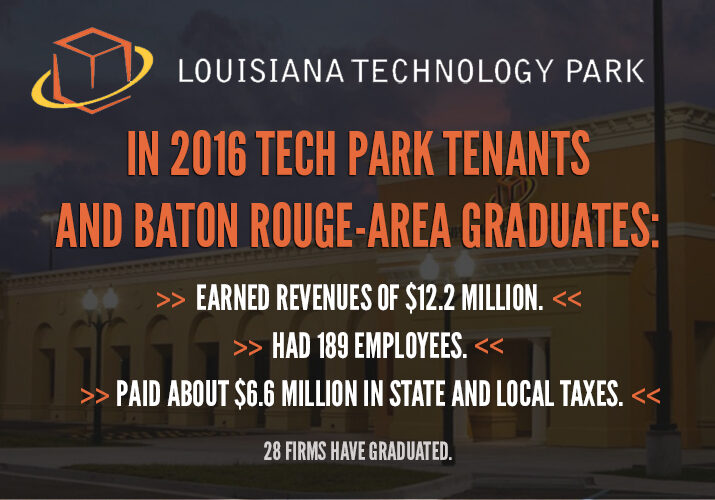A lot is riding on your startup’s accurate valuation. We all want to be optimistic about our companies’ worth, but an unrealistic, out-of-market valuation can cause friction with investors. And if you can’t overcome the lack of alignment between what you’re asking for and what the investor is willing to put in, your potential deal can be irreparably damaged before it even gets off the ground.
So how do you arrive at the right valuation for your company? The best way to value your pre-revenue startup is to scrutinize the data you have the way an investor would. Mike Eckert, seasoned investor and chairman of the NO/LA Angel Network, shared his insider’s view with the Louisiana Tech Park audience.
Here’s how to think like an investor to find the value of your pre-revenue, early-stage startup.
Making an Informed Estimate
Mature companies use formulas to determine their valuation, but these formulas rely on revenue, earnings and growth rates — items an early-stage company doesn’t have. Trying to use a valuation formula without this data produces results that are too varied to be helpful.
Instead, pre-revenue companies can make an informed estimate based on comparable startups that just finished fundraising. Look at similar startups with comparable target markets, prototypes or patent potential. Evaluating comparable companies will give you a sense of what your startup is worth to an investor.
Additionally, investors and investor trade groups use databases to make their valuation decisions. You can ask a local investment group to help you triangulate your estimate and arrive at the right valuation.
Evaluating Potential Risks
Investors use several informal formulas to estimate the risks associated with investing in your startup. Here are two common ways used to estimate the value of a pre-revenue company.
Dave Berkus risk factor model
The Dave Berkus risk factor model assesses five factors of a company:
-
The soundness of your idea
-
The existence of a functioning prototype (or better)
-
The quality of your management team
-
The existence of or potential for strategic relationships
-
The proposed sales and product rollout
Investors will assign a value of $0 to $600,000 to each of these factors. They add the numbers up to arrive at a valuation.
Risk factor summation method
The risk factor summation method assigns values to 12 factors at a startup:
-
Management
-
Stage of business
-
Legislative/political risk
-
Manufacturing risk
-
Sales and marketing risk
-
Funding/capital risk
-
Competition risk
-
Technology risk
-
Litigation risk
-
International risk
-
Reputation risk
-
Potential lucrative exit
If investors are neutral on any factor, they assign a value of zero. If they have doubts or reservations, they can set a value of -1 or -2. And if they feel very good about a factor, they can give a value of one or two. Add the points up and multiply them by $300,000 to arrive at the company’s valuation.
“There are different ways to value a company,” Eckert said. “But there’s no one way.” Investors often triangulate and use averages between different models to arrive at their valuation. Members of an investment group, for example, can work out their valuation individually and then look at clusters of similar valuations to settle on a number.
Doing Due Diligence Before Committing
Before funding a pre-revenue company, investors conduct due diligence to test or confirm the validity of their original valuation. They intensely scrutinize each potential risk, but some risks are weighted more heavily than others.
The management team, for example, is one of the most important factors when valuing a startup. It doesn’t matter how great the idea or business concept is if you don’t have the right team to execute it. Investors may do due diligence on your management team by evaluating team dynamics and personalities. A management team that introduces risk by working poorly together negatively impacts the full valuation.




